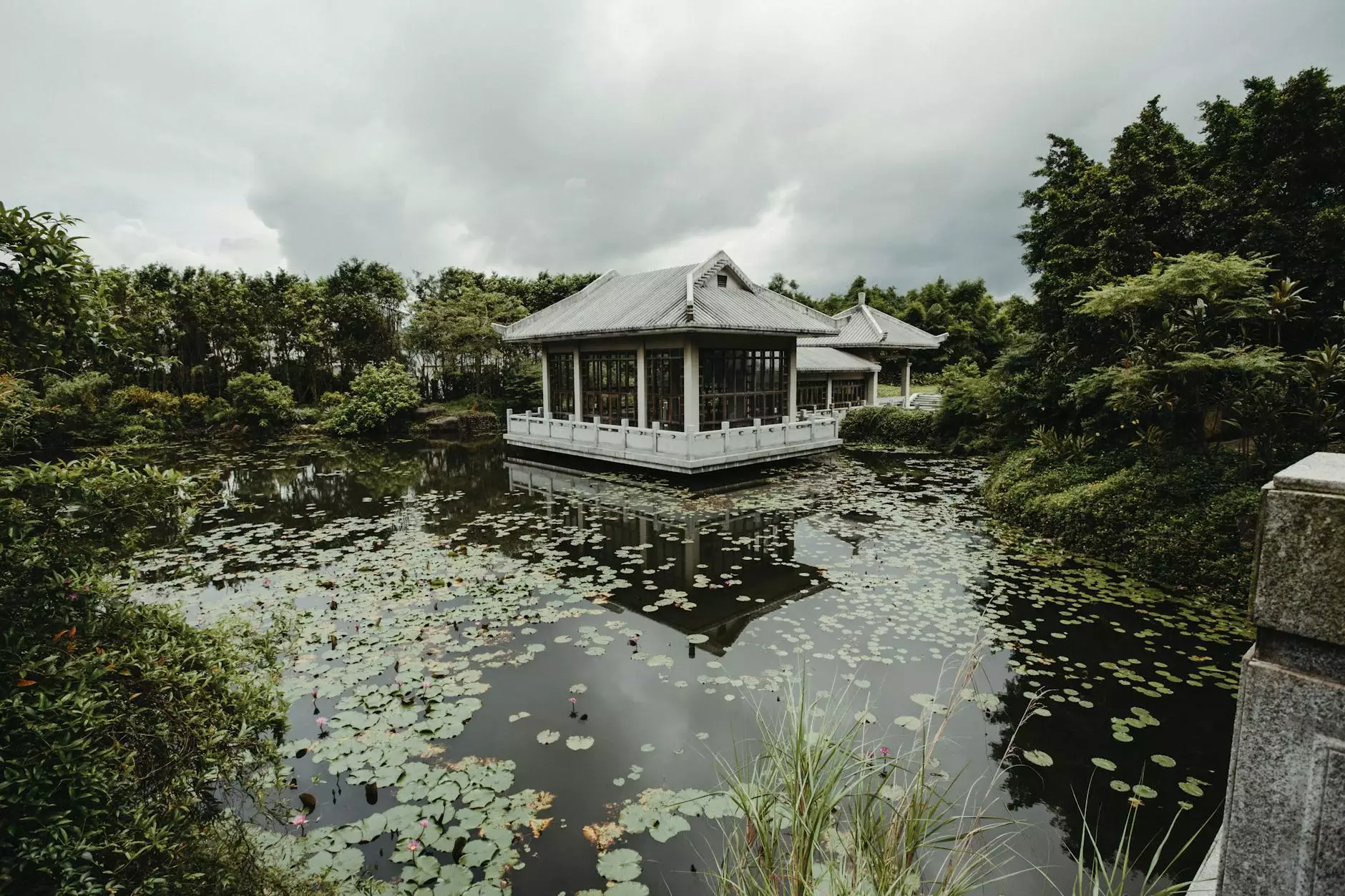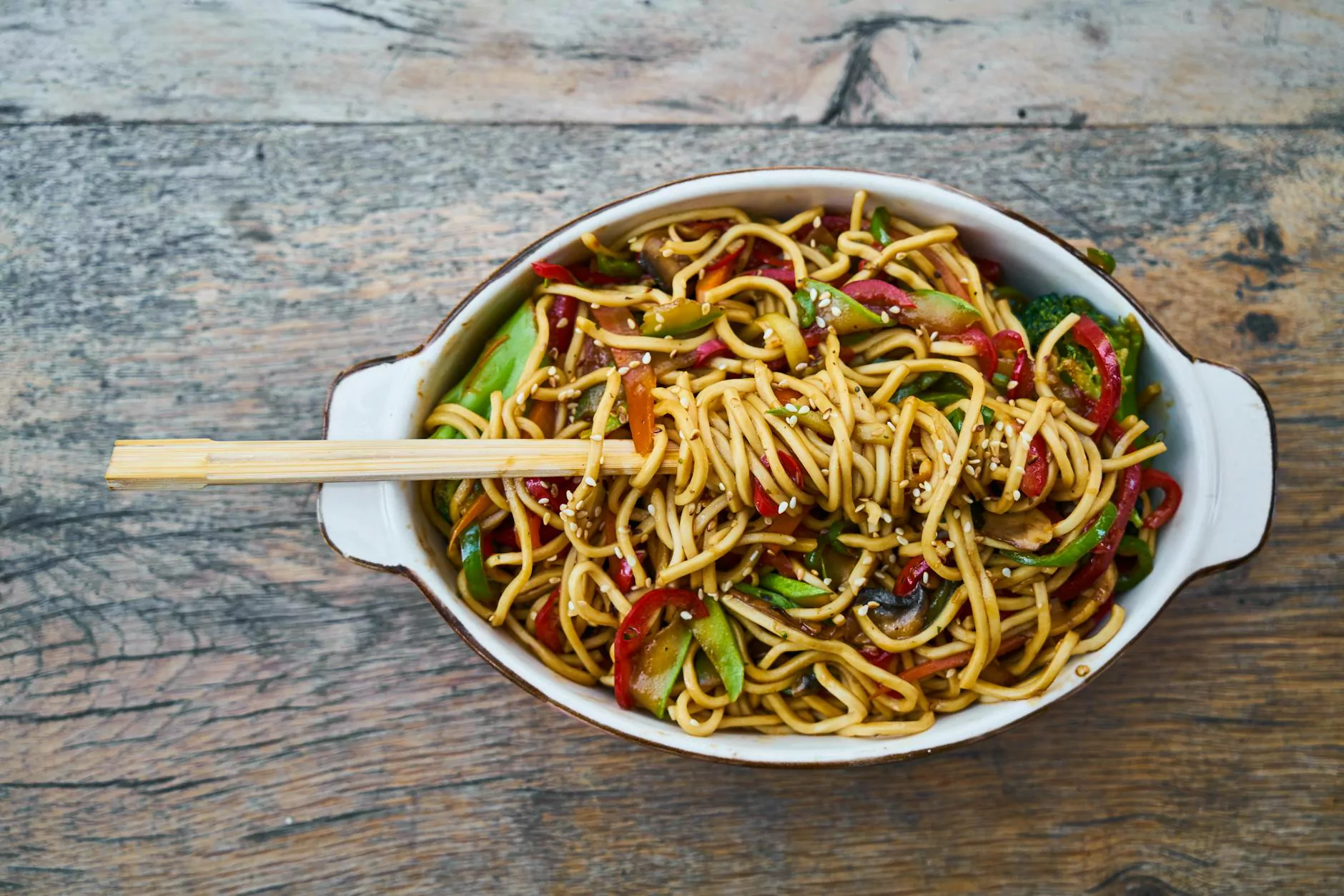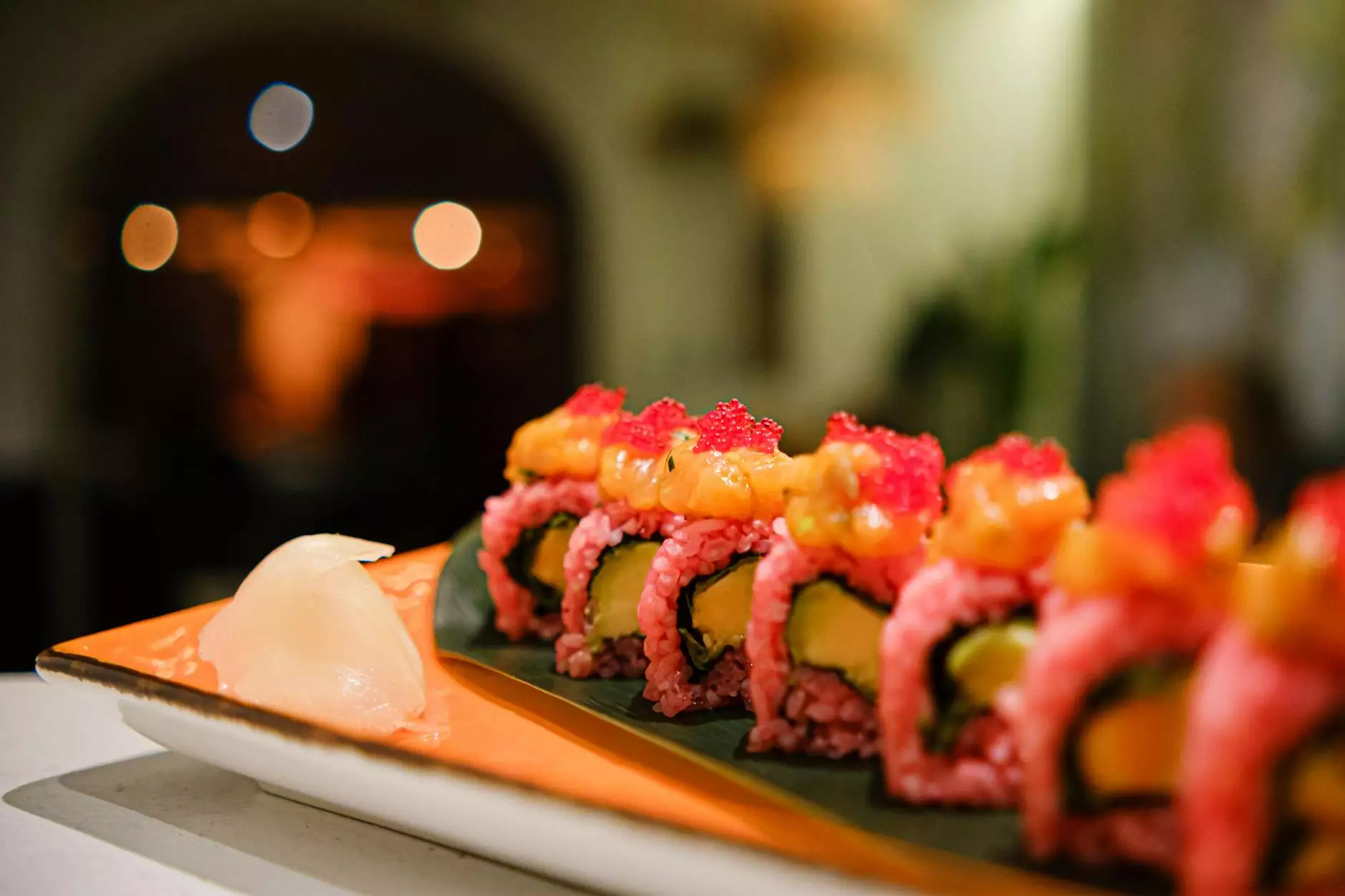The Beauty of Hakka Language and its Role in Chinese Culture

Introduction
The Hakka people, an Han Chinese ethnic group, have a language of their own known as Hakka. This Sinitic language is primarily spoken in the southern regions of China, particularly in the provinces of Guangdong, Jiangxi, Fujian, and Guangxi. It has also spread to other parts of the world, including Taiwan, Hong Kong, Malaysia, Singapore, and various overseas Chinese communities.
A Unique Language with Ancient Chinese Features
Hakka boasts a unique vocabulary, distinctive grammar, and pronunciation patterns. It presents the preservation of ancient Chinese features, making it stand out from other Chinese dialects. The language has evolved within a rich and diverse linguistic heritage due to influences from various regional and minority languages throughout history.
An Integral Part of Chinese History and Culture
Hakka remains inseparable from Chinese history and culture. It has immense significance and has contributed to the country's heritage. The language has its roots in a long history of migration, with the Hakka people traditionally known for their perseverance and endurance in seeking better opportunities. This dynamic history has shaped not only the language but also the cultural traditions associated with the Hakka people.
Scholarly and Poetic Traditions
Hakka has a strong association with scholarly and poetic traditions. Over the years, numerous intellectuals and poets have emerged from the Hakka community, impressing the world with their literary accomplishments. The language has provided a platform for the expression of deep emotions and profound thoughts, allowing for the creation of exceptional literary works.
Vibrant Folk Culture
A significant aspect of Hakka culture is its vibrant folk traditions. These distinctive cultural practices include folk songs, dances, music, and rituals. Through such expressions, the Hakka people have preserved their heritage, passing it down from generation to generation. The language serves as a crucial medium for the transmission and preservation of this rich folk culture.
Challenges and Efforts for Preservation
With the advent of urbanization and globalization, Hakka has faced challenges in preserving its existence as a living language. However, various efforts have been made in recent years to counter these threats and ensure the continuity of the Hakka language.
Educational Initiatives
Recognizing the importance of preserving this cultural treasure, educational initiatives have been developed to promote the learning and use of Hakka. Schools, both in China and overseas, have introduced Hakka language courses, allowing students to develop a deep understanding and appreciation for their linguistic heritage. These initiatives play a crucial role in fostering Hakka's continuity.
Cultural Activities
Additionally, cultural activities have been organized to create awareness and celebrate the beauty of the Hakka language. Festivals, seminars, and language-focused events bring together Hakka speakers to share their experiences, knowledge, and love for their mother tongue. These activities not only promote the language but also strengthen the sense of belonging among Hakka communities worldwide.
Hakka Restaurants: Indulging in the Flavors of Hakka Cuisine
Hakka culture extends beyond just language and includes a distinctive cuisine. Hakka restaurants provide a gateway to experience the unique flavors and culinary traditions of the Hakka people. Often categorized under Asian Fusion and Chinese cuisines, Hakka dishes offer a delectable combination of ingredients and cooking techniques.
Signature Dishes
Hakka cuisine is known for its signature dishes, each with flavors that tell a story of their own. Some popular dishes include Hakka-style salt-baked chicken, yong tau foo (stuffed tofu), and leicha (thunder tea rice). These dishes not only satisfy taste buds but also give diners a glimpse into the cultural richness and diversity of Hakka traditions.
Fusion Flavors
With the evolution of globalization, Hakka cuisine has embraced fusion flavors, incorporating elements from other culinary traditions. This fusion creates a unique dining experience, blending traditional Hakka tastes with contemporary influences. It's an exciting journey for food enthusiasts to explore the harmonious combination of flavors.
Cultural Connection
Visiting Hakka restaurants provides an opportunity to connect with the culture and heritage of the Hakka people. From the ambiance to the presentation of dishes, there is a conscious effort to showcase the essence of Hakka customs. It's not just a meal; it's an immersion into a world of flavors and traditions.
Conclusion
The Hakka language and culture stand as a testament to the enduring spirit of the Hakka people. Despite the challenges posed by urbanization and globalization, efforts for its preservation and promotion have created a thriving Hakka community worldwide. The language's distinctive features, rich history, and cultural significance continue to fascinate and inspire both Hakka speakers and enthusiasts. Explore the world of Hakka through its language, traditions, and mouth-watering cuisine served at Hakka-inspired restaurants such as Hakka Heaven.









